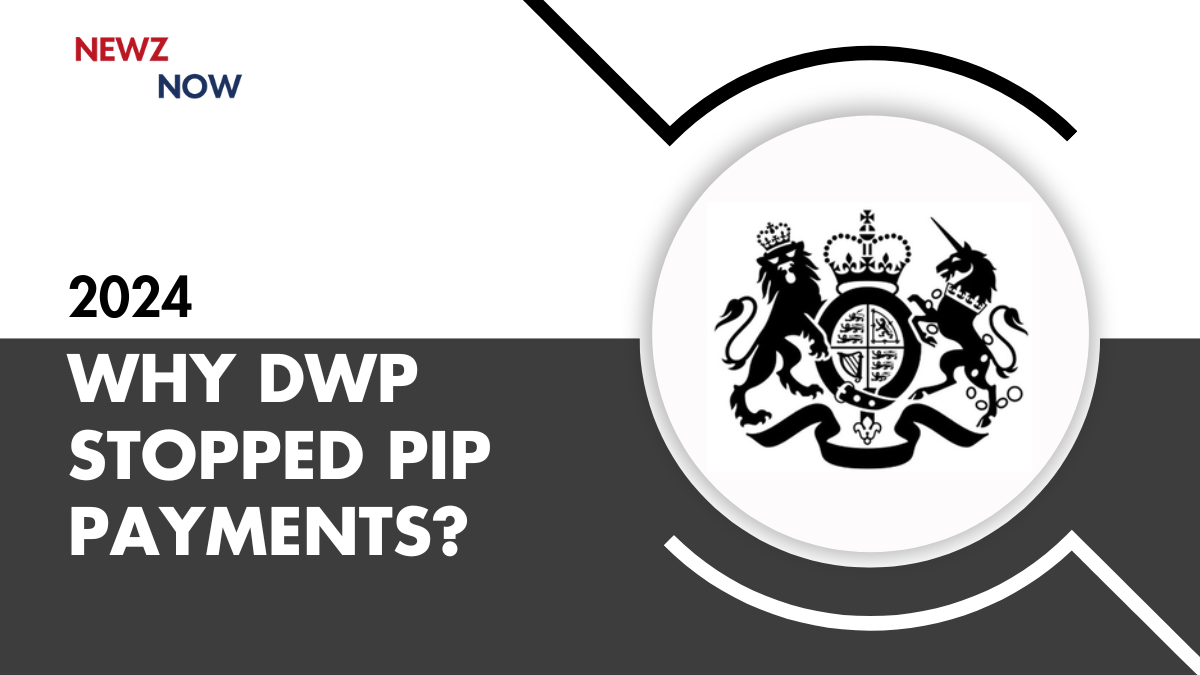The Department for Work and Pensions (DWP) has increased the number of Personal Independence Payment (PIP) claim reviews in preparation for major reforms anticipated in Labour’s first budget. These changes are intended to simplify the benefits system and ensure the accuracy of claims, potentially impacting thousands of PIP recipients throughout the UK.
Why DWP Stopped PIP Payments?
Since 2016, the DWP has reassessed 3.1 million PIP claims. In the West Midlands alone, more than 283,000 claims have undergone review. As a result:
- 53,289 claimants have had their payments stopped.
- 22,951 claimants saw a reduction in their benefits.
PIP provides financial support to people with long-term health conditions or disabilities, offering up to £737 every four weeks, which totals approximately £9,500 annually.
Reasons for Changes in PIP Payments
The review process is part of the DWP’s ongoing efforts to ensure the integrity and fairness of the benefits system. However, the recent increase in reviews has raised concerns among claimants who depend on PIP to manage additional costs associated with their health conditions. PIP payments can be changed or stopped for several reasons:
- Failure to Submit Review Forms: If claimants miss the deadline to return their review forms, their payments may be stopped.
- End of Fixed-Term Awards: PIP is often awarded for a limited period, and if the term ends, claimants must reapply or their benefits will stop.
- Medical Assessments: The DWP may reduce or stop payments if they find, based on a medical assessment, that a claimant’s condition has improved.
- Missed Medical Assessments: Failing to attend scheduled assessments can result in suspended payments.
- Change in Circumstances: Changes in health, living situation, or finances can affect PIP eligibility.
- Overpayment Recovery: If the DWP has overpaid a claimant, future payments may be reduced to recover the excess amount.
- Allegations of Fraud: Suspicion of benefit fraud can result in payment stoppages.
- Changes in Immigration Status: A change in immigration status can affect a claimant’s entitlement to benefits.
These measures aim to ensure that PIP is accurately distributed according to each claimant’s current situation, preventing overpayments and fraud.
What to Do If Your PIP Is Altered or Stopped
Claimants who experience changes in their PIP payments can take the following actions:
- Request a Mandatory Reconsideration: This involves asking the DWP to review its decision. Claimants should provide any additional evidence that may strengthen their case and must act within one month of the decision.
- Appeal the Decision: If a reconsideration fails, the claimant can appeal to an independent tribunal.
- Reapply for PIP: If a claim has ended but the claimant’s health condition remains unchanged, they may need to reapply.
- Contact the PIP Helpline: Claimants should contact the helpline for missed form submissions to request an extension.
Tackling Backlogs and Delays
One significant issue affecting the DWP is the backlog of PIP reviews. With a high number of claims and limited resources, some claimants have reported waiting over a year for their cases to be reviewed. These delays can cause financial hardship and mental health stress as claimants remain uncertain about their eligibility for crucial benefits.
To address this, the DWP has allocated additional resources to speed up the review process. However, resolving the backlog may take time, with estimates suggesting it could take up to a decade to fully clear. In the meantime, claimants are advised to check the status of their claims and remain proactive regularly.
Labour’s Proposed Reforms
Labour’s upcoming budget is expected to introduce major reforms to the PIP system and other social security benefits. Although the exact details have not yet been revealed, there is speculation that changes could include stricter eligibility criteria or a move towards a voucher-based system instead of cash payments.
These reforms are part of a larger plan to streamline the benefits system and manage the growing number of new PIP claims, which currently average around 70,000 per month. The aim is to ensure that resources are directed efficiently and that those in genuine need of assistance receive support without unnecessary delays.
What Should Claimants Do Now?
- Stay Informed: Keep up to date with announcements from the DWP and Labour about potential changes to PIP.
- Seek Advice: Contact organizations such as Citizens Advice to help navigate the PIP review process and understand how reforms might affect your benefits.
- Prepare Documentation: Make sure all necessary medical and personal information is organized and ready in case of a review or reassessment.
The upcoming changes to the PIP system mark a crucial turning point for many claimants. While the reforms aim to improve the benefits system’s efficiency and fairness, they may create uncertainty. Therefore, claimants must stay informed, proactive, and prepared to handle any potential impact on their benefits. Claimants should consult the DWP or trusted organizations such as Citizens Advice for more detailed guidance.
Click the link to know more
